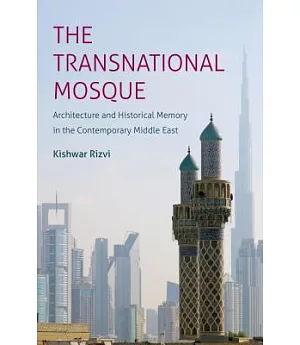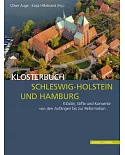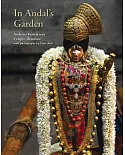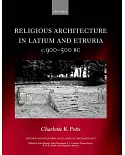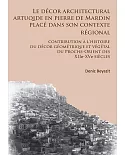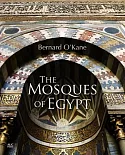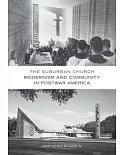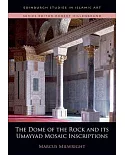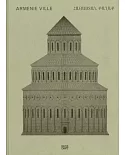"Kishwar Rizvi, drawing on the multifaceted history of the Middle East, offers a richly illustrated analysis of the role of transnational mosques in the construction of contemporary Muslim
identity. As Rizvi explains, transnational mosques are structuresbuilt through the support of both government sponsorship, whether in the home country or abroad, and diverse transnational
networks. By concentrating on mosques--especially those built at the turn of the twenty-first century--as the epitome of Islamic architecture, Rizvi elucidates their significance as sites for
both the validation of religious praxis and the construction of national and religious ideologies"--

